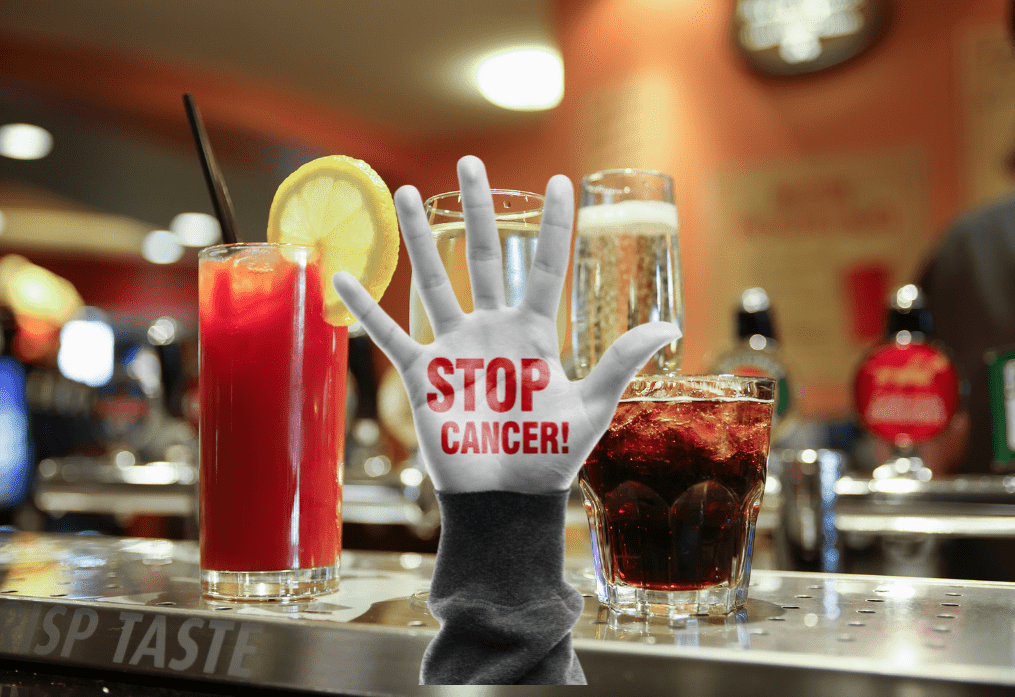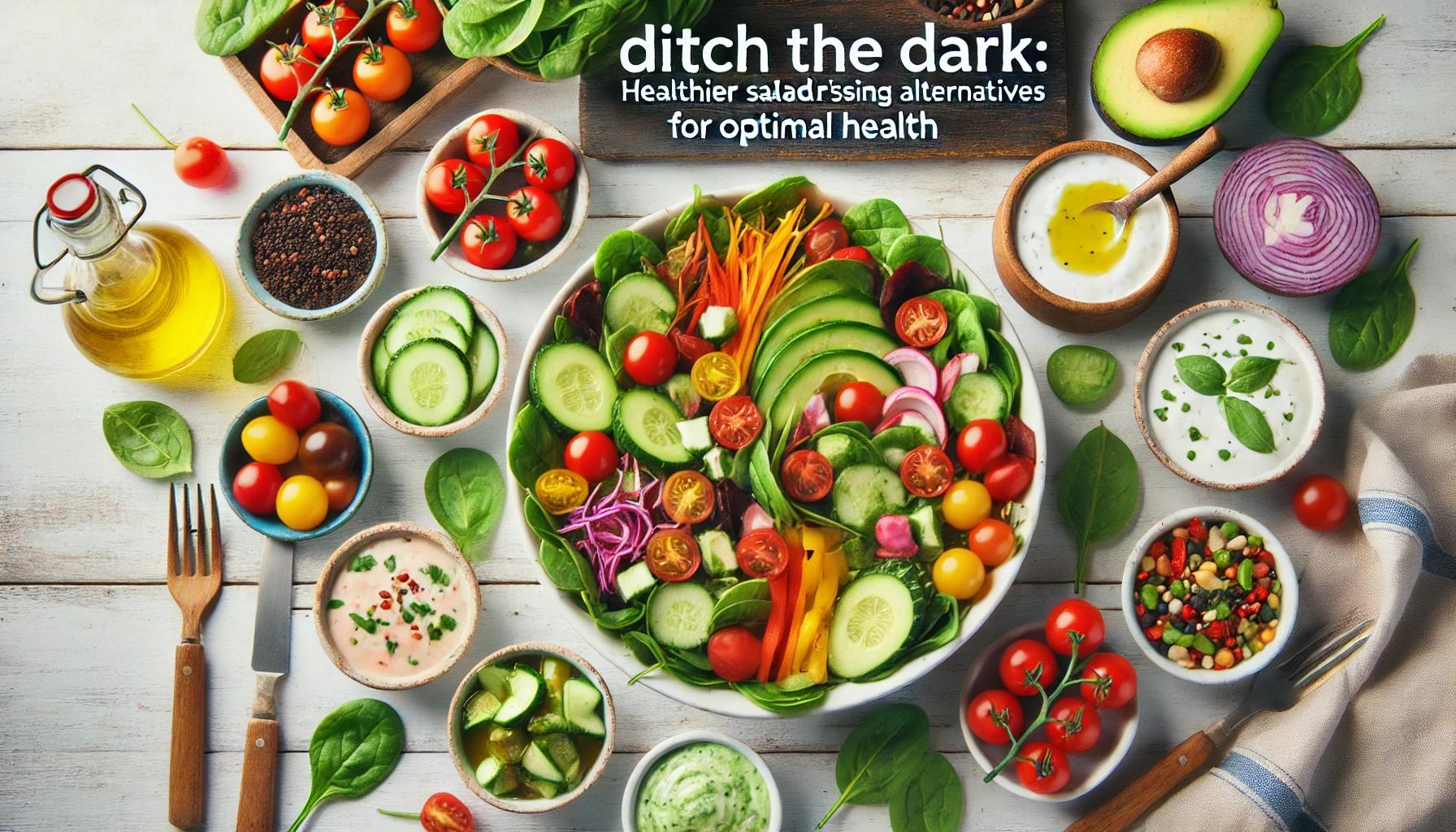Climate Therapy: Healing through Nature and Nutrition
We face unpredictable weather patterns and changing environmental conditions. In this context, climate therapy is increasingly valuable. It serves as a tool for improving both physical and mental health. By embracing the healing power of nature, we can restore balance to our bodies and minds. As a holistic wellness practitioner, I believe proper nutrition is vital. Let’s explore how climate therapy works and what it means for your health. We’ll also look into how specific foods and herbs can support those undergoing or affected by it.
What Is Climate Therapy?
Climate therapy, known as climatotherapy, uses the natural environment to improve health and well-being. This can include exposure to sunlight and fresh air. Certain altitudes, and even sea or forest settings, can also be used to alleviate various physical and mental ailments. The natural climate can reduce stress, support the immune system, and aid in recovery from chronic conditions.
For example:
- Sunlight exposure helps the body produce Vitamin D, which is crucial for bone health, mood regulation, and immune support.
- Sea air and saltwater are rich in negative ions. These ions are believed to improve mood, enhance respiratory health, and treat skin conditions like eczema.
Climate therapy is more than spending time outdoors. It involves connecting with your environment. You should also nourish your body with the right foods to boost the benefits of this natural therapy.
Nutrition and Climate Therapy: A Powerful Combination

Our nutrition significantly impacts how well we respond to environmental stressors. When you experience temperature, humidity, or altitude changes, your body needs extra support to stay balanced. A robust immune system, proper hydration, and an anti-inflammatory diet can enhance the positive effects of climate therapy.
Here’s how nutrition supports your body during climate therapy:
- Hydration: Hot or humid climates can lead to dehydration. Drinking enough water and eating water-rich foods like cucumbers, watermelon, and oranges helps keep hydration.
- Anti-Inflammatory Foods: Your body experiences more inflammation or joint pain if exposed to colder climates or high altitudes. Anti-inflammatory foods like fatty fish (rich in omega-3s), ginger, turmeric, and leafy greens can help soothe your body.
- Adaptogenic Herbs are natural substances that help the body adapt to physical, emotional, or environmental stress. Examples include ashwagandha, rhodiola, and holy basil, which can help stabilize the body’s response to environmental changes.
Foods and Herbs for Climate Therapy
When integrating climate therapy with holistic nutrition, some specific foods and herbs can support your body’s adaptation to different environmental conditions:
1. For Warm Climates:
- Coconut Water: Naturally hydrating and rich in electrolytes, coconut water helps replenish what’s lost through sweating.
- Cucumbers: Cucumbers are high in water content and cool and hydrate the body.
- Mint: A cooling herb, mint helps regulate body temperature and improve digestion in hot weather.
2. For Cold Climates:
- Ginger: This warming root increases circulation and reduces inflammation, making it great for cold climates.
- Bone Broth: Rich in collagen and nutrients, bone broth helps strengthen your immune system and keeps joints healthy.
- Turmeric: With strong anti-inflammatory properties, turmeric helps reduce the aches and pains that colder temperatures can trigger.
3. For High Altitudes:
- Beetroot: Beetroot is known to increase nitric oxide levels in the blood. It improves oxygen delivery to cells. This makes it beneficial for high-altitude environments.
- Chlorella: This algae is packed with nutrients and helps the body adapt to altitude changes by improving oxygen usage.
- Ginseng: A powerful adaptogen, ginseng can help your body cope with the reduced oxygen levels at higher altitudes.
How I Can Help You as a Holistic Wellness Practitioner
As a holistic wellness practitioner, I understand the profound connection between our bodies and the environment. Through climate therapy, I can guide you in integrating it into your life. Personalized nutritional plans are available for your unique needs. Lifestyle adjustments are suggested to support your journey. Additionally, I supply stress management techniques to help you thrive in any climate. My approach focuses on:
- Tailored Nutritional Guidance: I create food plans that align with your climate therapy goals. These plans emphasize whole, fresh foods. They enhance your body’s ability to adapt to different environments.
- Herbal Support: I recommend the best herbs and supplements to support your immune system. They also enhance mental clarity and boost overall vitality during climate therapy.
- Holistic Health Coaching: Through one-on-one sessions, I will guide you on balancing your mind, body, and soul. We will use climate therapy and tools like mindfulness, proper hydration, and stress management techniques.
You may be dealing with environmental stressors or want to enhance your health in tune with nature. I’m here to help you take the next step on your wellness journey. Together, we can build a legacy of health that stands the test of time, no matter the weather.
Conclusion: Embrace the Power of Climate and Nutrition
Climate therapy offers a natural way to restore balance and vitality. When combined with proper nutrition, it becomes a powerful healing tool for the mind and body. Contact me if you want to explore the benefits of climate therapy. I offer a holistic approach tailored to your unique needs. Let’s nourish your body, adapt to nature, and live life to its fullest—no matter what the climate brings.
Scientific and Medical References
- National Institutes of Health (NIH): Nature and Health Benefits
A comprehensive overview of how spending time in natural environments impacts mental and physical health.
https://www.nih.gov - Journal of Environmental Psychology: The Restorative Effects of Nature
This peer-reviewed study explores the psychological benefits of interacting with natural environments.
https://www.journals.elsevier.com/environmental-psychology - World Health Organization (WHO): Urban Green Spaces and Health
WHO discusses the importance of green spaces in promoting well-being and reducing stress.
https://www.who.int
Nature and Mental Health
- Harvard Medical School: How Nature Can Boost Mental Health
An accessible guide to the mental health benefits of spending time in nature.
https://www.health.harvard.edu - Stanford University: Nature and Cognitive Benefits
A study on how exposure to nature improves focus and reduces anxiety.
https://news.stanford.edu
Climate and Healing Practices
- Ecotherapy Practices: A Practical Guide
Explains the principles and applications of ecotherapy in mental health treatment.
https://www.ecotherapyhealing.com - University of Exeter: The Science Behind Forest Bathing
Research supporting the therapeutic effects of ‘shinrin-yoku,’ or forest bathing, on stress and immunity.
https://www.exeter.ac.uk
Nurture and Holistic Approaches
- American Holistic Health Association: Healing Through Nature and Nurture
Highlights the integration of natural therapies with emotional and physical well-being.
https://www.ahha.org - Blue Zones: Natural Lifestyle Habits for Longevity
Insights from communities where living in harmony with nature promotes long and healthy lives.
https://www.bluezones.com
Books and Reports
- “Last Child in the Woods” by Richard Louv
Discusses the importance of connecting with nature for emotional and mental health. - Intergovernmental Panel on Climate Change (IPCC): Climate and Human Health
Explores how climate and natural environments affect overall well-being.
https://www.ipcc.ch
Medical Disclaimer for Mama Vega Enterprises: Optimal Health 360 Blog Post
The information on the Mama Vega Enterprises: Optimal Health 360 blog is for general informational purposes. It is not a substitute for professional medical advice, diagnosis, or treatment. Always consult your physician with any medical questions. You can also reach out to another qualified health provider.
Never disregard professional medical advice or delay seeking it because of something you have read on this blog. The opinions expressed by the authors are their own. They do not necessarily show the views of Mama Vega Enterprises, its subsidiaries, or its affiliates. Mama Vega Enterprises does not endorse the blog’s opinions, advice, or statements. It does not assume any responsibility for their accuracy or reliability.
Call your doctor, go to the emergency department, or call 911 promptly if you have a medical emergency. You rely on any information provided by Mama Vega Enterprises at your own risk. This includes information from Optimal Health 360, its contributors, or other blog visitors.
Mama Vega Enterprises is not responsible for the content of linked third-party sites. It does not make any representations about the accuracy, completeness, or other aspects of the information on such sites. The inclusion of any link does not imply endorsement by Mama Vega Enterprises.









